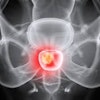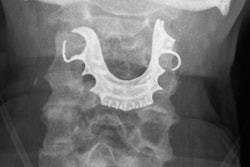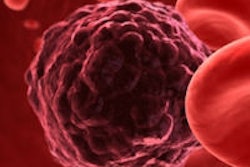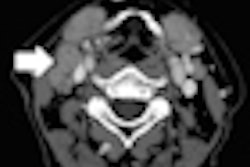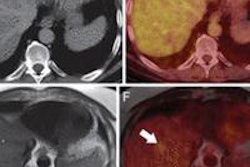Oropharyngeal carcinoma patients treated with intensity-modulated proton therapy (IMPT) were half as likely to need feeding tubes compared to patients treated with intensity-modulated radiation therapy (IMRT).
The study from the MD Anderson Proton Therapy Center, presented on September 25 at the American Society for Radiation Oncology (ASTRO) annual meeting in Atlanta, also found that toxicity levels in oropharyngeal carcinoma patients treated with IMPT were much lower than in patients treated with IMRT.
Based on the results, lead researcher Dr. Steven J. Frank, associate professor of radiation oncology at MD Anderson, and colleagues stated that proton therapy may offer quality-of-life benefits for patients with tumors occurring at the back of the throat.
The researchers evaluated 25 oropharyngeal carcinoma patients treated with IMPT and 25 treated with IMRT. Five patients (20%) treated with IMPT required the use of feeding tubes, compared with 12 patients (48%) treated with IMRT.
IMPT patients were also spared from other serious side effects caused by the toxicity of IMRT, such as vomiting, nausea, hearing problems, and inflammation and ulceration of the digestive track. In addition, patients could better sustain their nutrition and hydration levels, often leading to faster recovery during and after treatment.
Based on the findings, MD Anderson has initiated a randomized phase II/III trial of IMPT versus IMRT for the treatment of oropharyngeal cancer. The institution plans to enroll 360 patients in the trial over the next five years.


